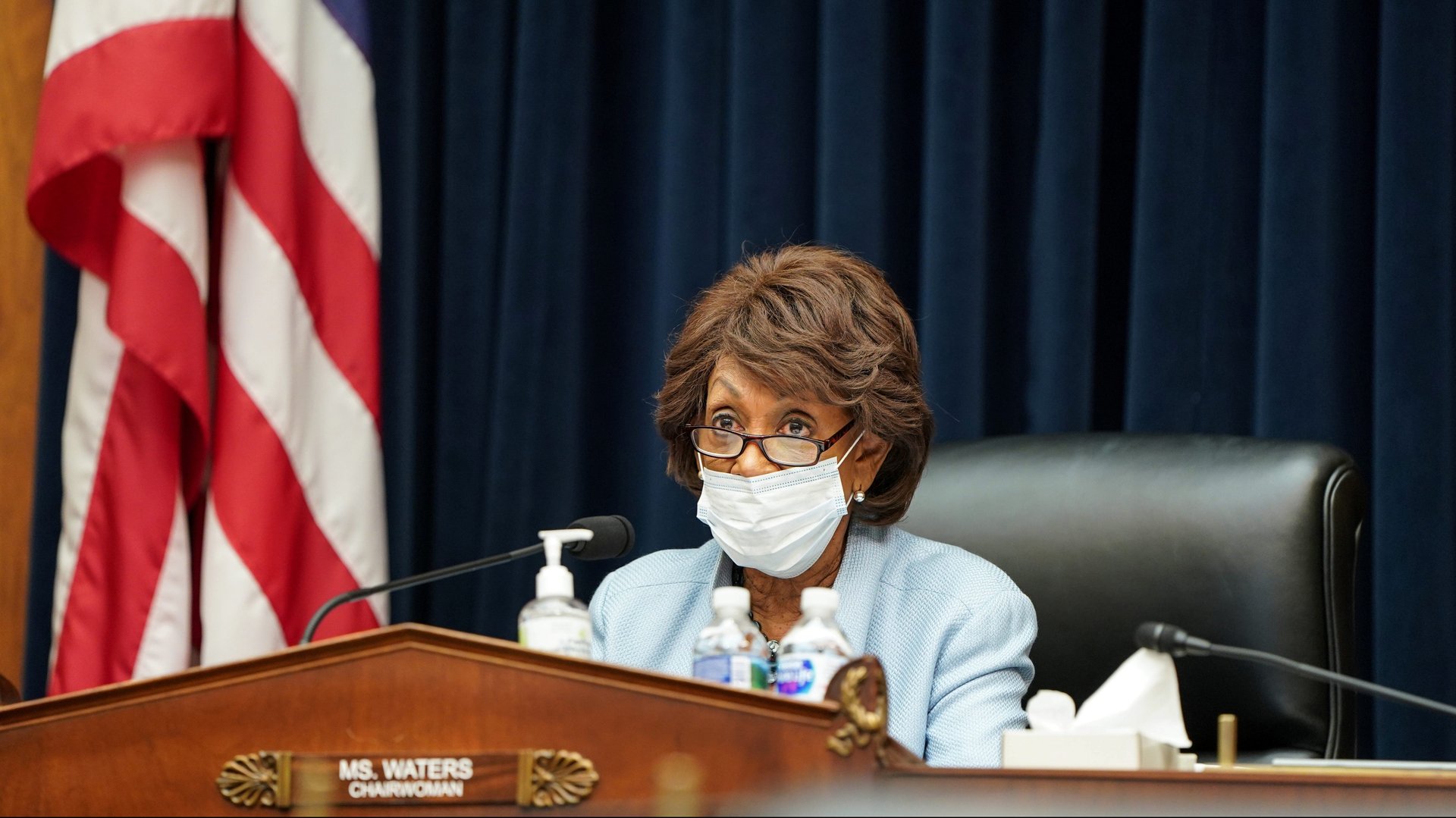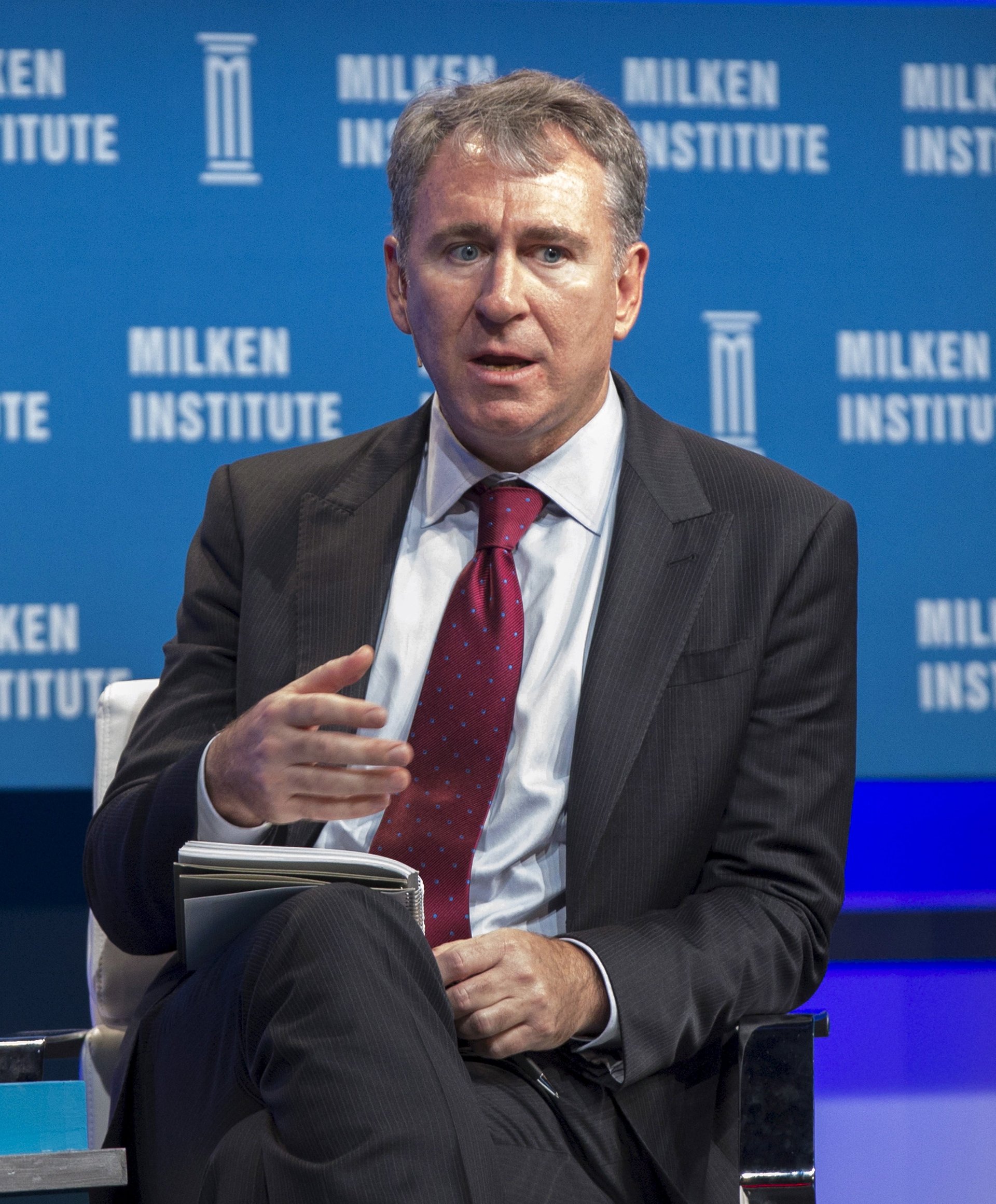Eight questions Congress should definitely ask at the GameStop hearings
Congress is holding a hearing this week to discuss the GameStop saga, in which an army of retail investors conspired on Reddit’s WallStreetBets channel to take on hedge funds that were betting against the video game retailer. Some say the viral sensation was little more than stock market manipulation. Polls, however, suggest many Americans across the political spectrum were happy to see the little guy take on Wall Street.


Congress is holding a hearing this week to discuss the GameStop saga, in which an army of retail investors conspired on Reddit’s WallStreetBets channel to take on hedge funds that were betting against the video game retailer. Some say the viral sensation was little more than stock market manipulation. Polls, however, suggest many Americans across the political spectrum were happy to see the little guy take on Wall Street.
We’ve canvassed experts and armchair traders to come up with key questions for Robinhood CEO Vladimir Tenev, Citadel chief Kenneth Griffin, Reddit CEO Steve Huffman, Melvin Capital founder Gabriel Plotkin, and social-media influencer Keith Gill (also known as Roaring Kitty, or DeepFuckingValue). They are expected to testify before the House Committee on Financial Services on Thursday (Feb. 18).
Robinhood’s Tenev: Your brokerage temporarily restricted trading in shares of GameStop after the stock went bonkers, spurring the clearinghouse to ask for extra collateral to account for the increase in risk. Robinhood didn’t have the money available. Why was Robinhood unable to come up with the funds when other brokerages apparently had the cash to allow trading to continue?
Follow-up for Tenev: You’ve said trading could have continued seamlessly if the US moved to T+0, a system by which the clearinghouse processes trades immediately instead of over two days (T+2). Some market structure research, however, indicates T+0 could be a step backward for the institutional investors who pay you to execute your users’ orders: It could damage the efficiencies they enjoy from netting (canceling out offsetting trades) and credit. Did you account for this when you claimed the US should move to T+0, and could your firm survive in its current form if market makers could no longer afford to pay you for order flow?

Citadel’s Griffin: Companies like Citadel buy order flow from brokerages like Robinhood, Schwab, and others, which allows the brokerages to offer commission-free trading. We know, thanks to filings, how much the brokerages receive in payments. Companies like Citadel and Virtu have said they provide billions of dollars of price improvement (filling retail orders at prices that are better than the best bid or offer). There’s one dimension missing in order to assess how much retail investors are leaving on the table—what are Citadel’s annual revenue and profit from trades it executes via payment for order flow?
Follow-up for Griffin: Off-exchange trading, driven higher recently by retail investors, now exceeds more than half of the market on some days, and your own company’s market share is approaching that of Nasdaq. At some point, it is reasonable to think this trend will make exchange prices less efficient, and research suggests off-exchange trading in US stocks is already raising transaction costs for institutional investors, according to data from GTA Babelfish, cited by the Wall Street Journal. How do we know markets haven’t, and aren’t going to be, harmed by this change in market structure?
Reddit’s Huffman: What steps has your site taken to prevent users from taking advantage of it to manipulate stocks and other assets?
Melvin Capital’s Plotkin: Your fund reportedly lost so much money on the GameStop short squeeze that it needed a capital infusion from other hedge funds. Why was your fund so exposed to GameStop’s rising stock price? Was it an error, and does your fund typically have such high exposure to downside risks?
Gill, AKA Roaring Kitty: Five months ago when you outlined why you were bullish on GameStop, you cited fundamental reasons as well as the potential for a short squeeze. Did you suspect that retail traders would be able to force a squeeze?
Follow-up for Gill: What’s your next deep-value trade?